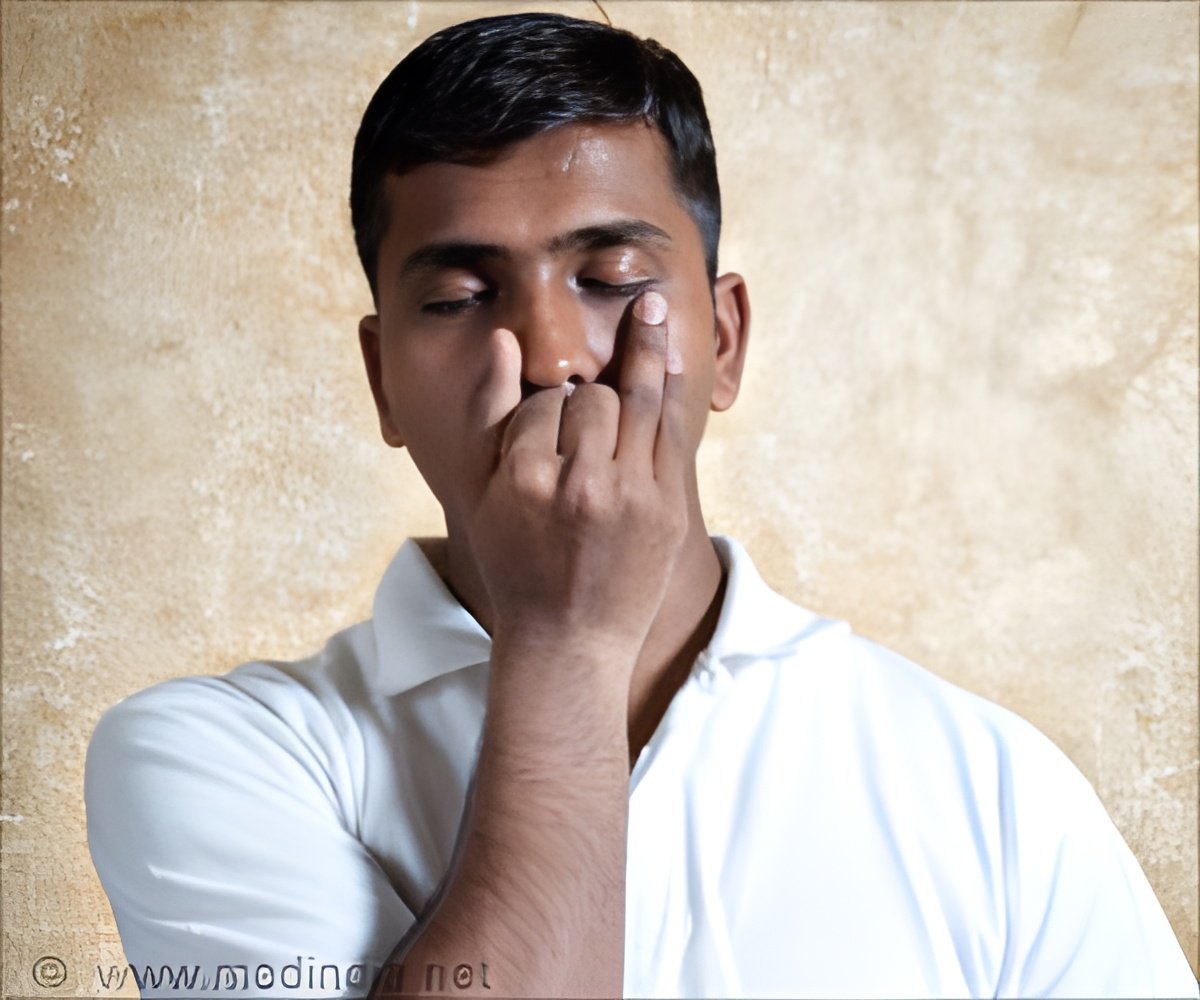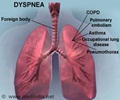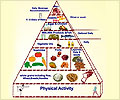Treating breathlessness using a holistic approach of putting the patients before the disease by teaching them breathing exercises and so on, prove to be more effective.

TOP INSIGHT
A holistic approach of putting the patients before their disease will help them to live and manage their breathlessness, and thereby reduces distress and depression among them.
Researchers found that patients who accessed these services were less distressed and depressed due to breathlessness. In interviews, people said they felt more in control and more confident in managing their breathlessness, were less isolated, and able to get back to their daily activities. Both patients and their carers, including family, said they appreciated the tailored education that helped them understand their breathlessness better. They particularly valued the simple management tips and the expert staff who took a dignified approach to their care.
Senior author Dr Matthew Maddocks from King's College London said: "By using breathlessness as a marker of disease burden, these services prompt input from experts across different specialties to manage symptoms and concerns using a person-centred approach. Our research uncovered the wide-range of benefits and allows us to understand what patients and their family value most."
Professor Irene Higginson, Director of the Cicely Saunders Institute at King's College London and co-author of the research, said: "This work forms part of our programme to tackle breathlessness. This is such a neglected and frightening symptom. Imagine if every breath you took caused panic and fear and you thought you could not breathe more.
"These services contain straightforward, usually drug-free, approaches, such as information cards and plans to help at home in a crisis, practical aids and tips, as well as support for the whole person and family through palliative care. They could make a major difference to the quality of life of many millions of people in the UK."
 MEDINDIA
MEDINDIA




 Email
Email






